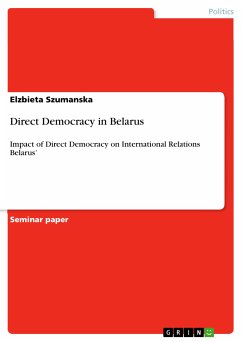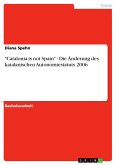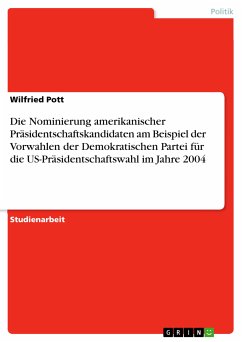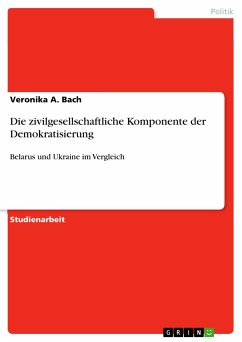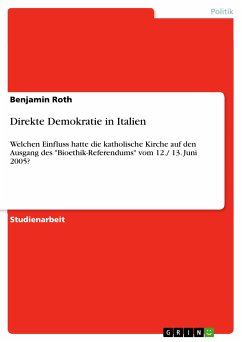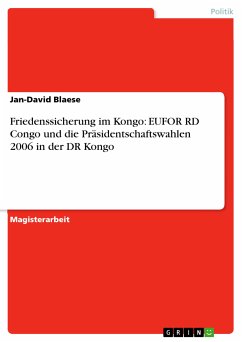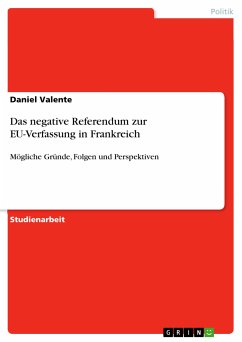Seminar paper from the year 2009 in the subject Politics - Region: Russia, grade: 1.0, European University Viadrina Frankfurt (Oder), course: Direct Democracy: Theory and Practice., language: English, abstract: In order to proof democratic developments in Belarus the following study will be divided into five different sections. The opening section positions Belarus within contemporary debate about the concept of the Direct Democracy, with a special focus on the relevance and functions of the institution of referendum and plebiscite. Next, the paper reviews the Belarusian referenda since president Lukashenko came to power. First, legal bases for this kind of institution must be presented. Further, detailed course within the timeframe of May 1995 and October 2004 in connection with a public reaction on them and an international appraisal will be shown. Section three of the paper then considers the historical context of Belarus with a special focus on the Soviet period in order to elucidate the issues mentioned. Long dependence may explain why there exists a big mistrust to international institutions and the West as such. This section presents also possible reasons of the weak Belarusian national identity and lack of the civil society in the country. Next chapter looks after possible ways Belarus should follow. Having in mind the way the direct democracy has been forced there via referendums that do not meet law standards, this part will consider possible reasons and challenges for the Belarusian governance in the domain of international relations with its biggest neighbors: Russia and the European Union, from a variety of perspectives. It is essential in the debate about democratization of Belarus without destroying so important economical ties with Russia. In conclusion it will be analyzed how the changes described can proof the concept of the Direct Democracy in Belarusian context. In doing so, answers on how the international community can deal with such types of governance will be provided. Finally some interesting findings regarding democratic changes due to an undemocratic form of governance will be summed up.
Bitte wählen Sie Ihr Anliegen aus.
Rechnungen
Retourenschein anfordern
Bestellstatus
Storno

